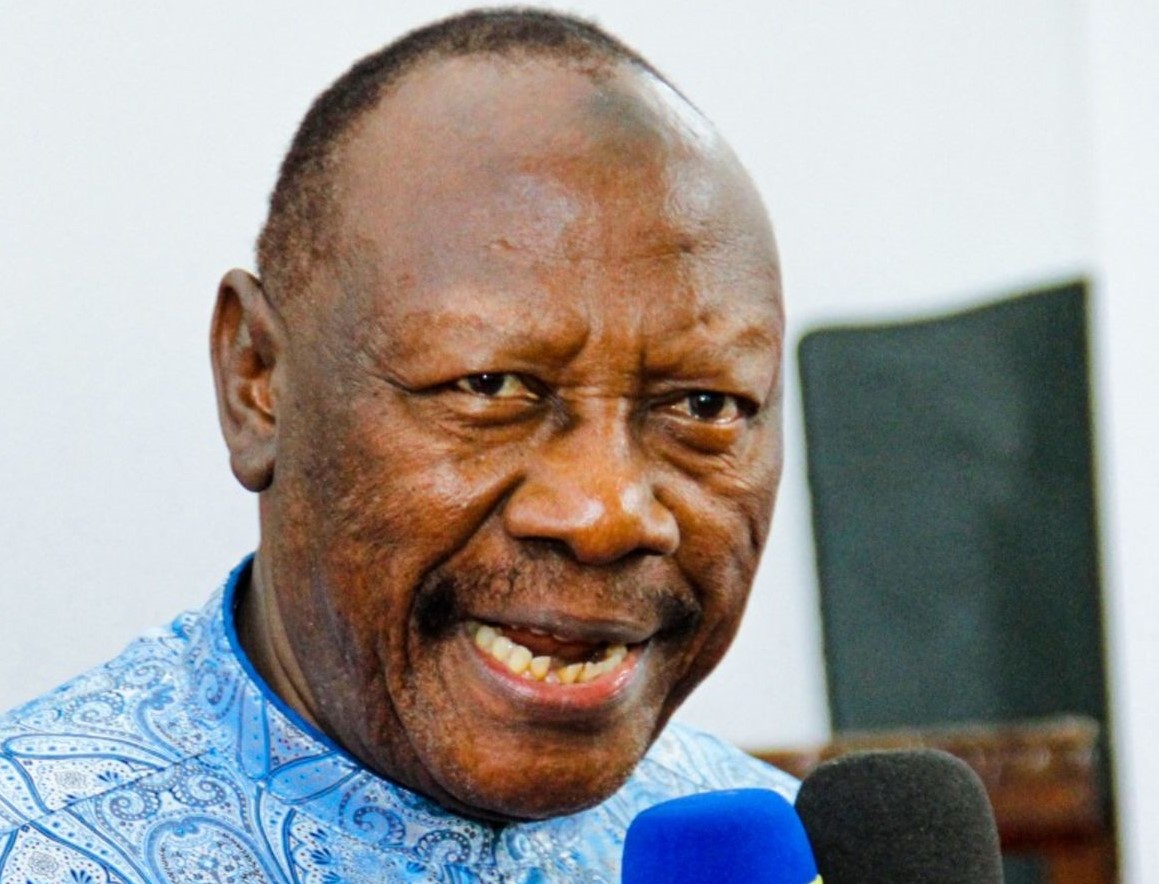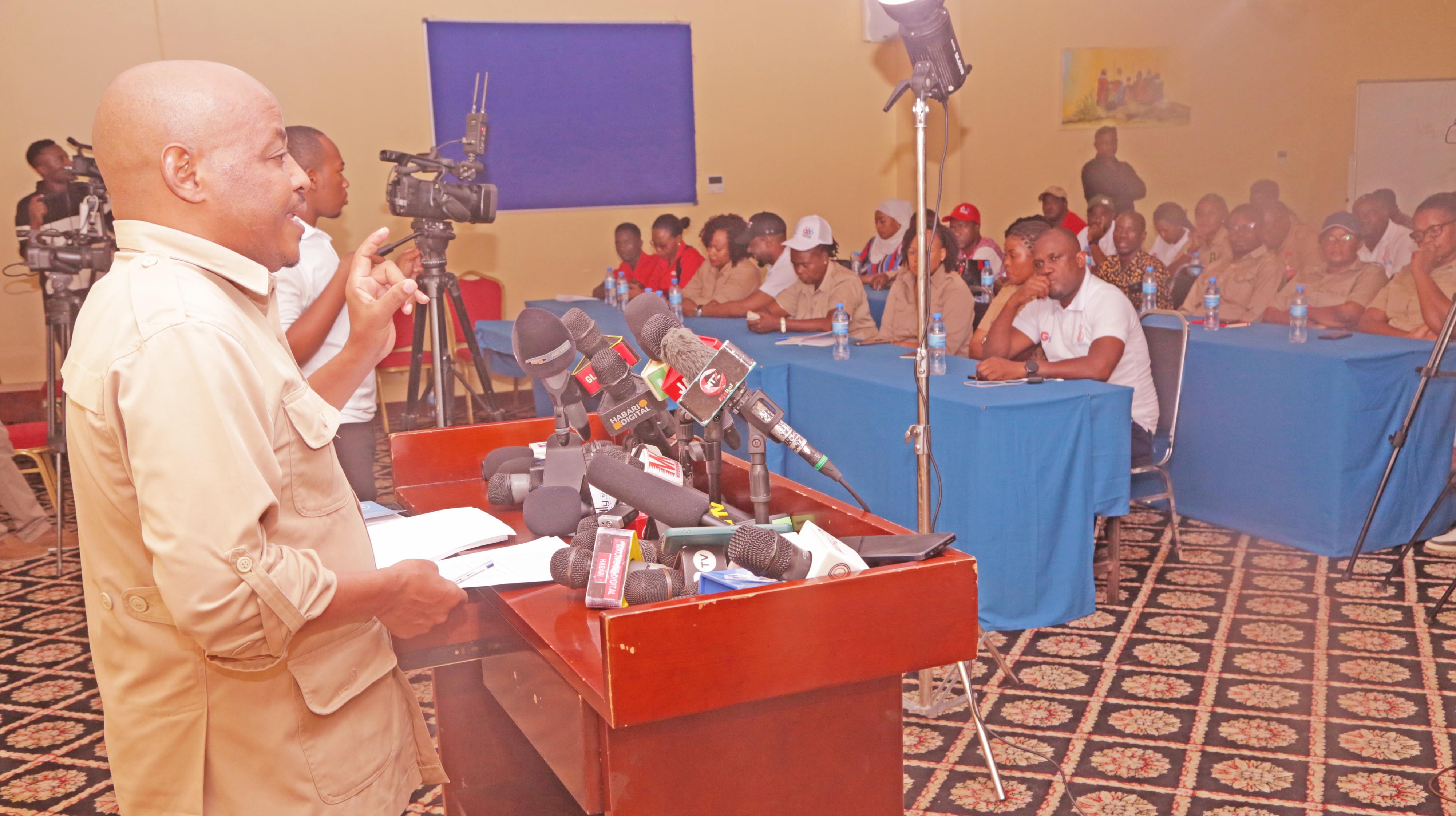Question on whether or not religious entities should pay tax

President Samia Suluhu Hassan speaks at a past event. She has challenged faith organisations to be more transparent.
What you need to know:
- In recent weeks, President Samia Suluhu Hassan challenged faith-based institutions to improve transparency in their financial matters for tax considerations ...
Dar es Salaam. The question of whether or not to tax institutions run by faith groups is not new in Tanzania, whereby at a certain point exemptions were abolished on certain services including imported goods.
This happened because it was found out that there were some people who abused the privileges enjoyed by faith organisations towards tax issues and exemptions.
It was on this background that President Samia Suluhu Hassan challenged clerics to improve transparency in order to find a practical way of providing them with some sort of relief in relation to taxation by the Taxman.
President Hassan made the challenge during her meeting with Catholic bishops under the umbrella of the Tanzania Episcopal Conference (TEC) on June 25, 2021. TEC President Archbishop Gervas Nyaisonga informed President Hassan that tax charges imposed on its institutions providing social services--in education and health--posed a huge challenge to the organisations.
The matter came up again when the Head of State met clerics under the Christian Community of Tanzania (CCT) just two weeks later in Morogoro Region.
CCT’s chairman Alinikisa Cheyo said massive taxation imposed on church institutions adversely affected provision of social services to the public.
Responding, President Hassan noted that a similar issue would be raised by the National Muslims Council (Bakwata) if they were to be given such opportunity.
In the two occasions, she challenged religious institutions to increase transparency and trust to enable the Taximan to fairly conclude whether services provided by the faith based organization (FBOs) were for or not for profit.
Speaking to The Citizen on Thursday, TEC secretary general Charles Kitima said religious institutions providing education services charge relatively high fees compared to public schools as they aim to recruit the best teachers.
He argued that when expenditure was subtracted from total income; the small profit generated was used to strengthen provision of service, and that nobody walked home with dividends.
“The balance is spent on construction of laboratories, dormitories and the like. But, the Tanzania Revenue Authority (TRA) has been demanding the same to be subjected for taxation,” he wondered over the phone.

Dr Kitima said the amount was given back to society, sometimes by providing services to people with financial challenges in schools and health centres, like victims of Covid-19.
“We can’t leave a Covid-19 patient to die at the facility’s doorstep because they lack money. They will be treated using such funds because persons are considered in an institution’s budgets,” he said.
He observed, however, saying religious institutions have well accepted President Hassan’s call for improved transparency in their financial matters.
“We completely agree with her call for increased transparency. But, TRA should also understand that the small remaining amount from revenue collection is used for development purposes such as improving the learning environment, students’ health and funding education of students who lose parents and guardians in the middle of their studies,” he said.
He said TRA should create a friendly relationship with social services providing institutions.
Dr Kitima revealed further that TEC held meetings with the ministries for Finance and Planning and Health, Community Development, Gender, the Elderly and Children shortly after President Hassan assumed office on March 19, this year. With exception to the ministry of Education, Science and Technology, the duo advised the church how best they could work amicably with the Taxman.
“Our focus is now learning how to work with TRA. The Church is also asking them to cooperate with us,” he said, admitting that the two sides had poor communication in some parts of the country.
“There are some places where the two sides have maintained cordial relationships for many years,” he added.
Furthermore, he said the Catholic Church’s history in the provision of social services since pre-independence to post-independence era placed them in trouble.
During that period there was no emphasis in submitting tax-returns to TRA despite being a requirement of the law.
“The President has awakened us to submit returns, audit reports and comply with every demand of tax related laws,” he said.
Tanzania’s Mufti and chairman of National Muslim Council (Bakwata), Sheikh Abubakar Zubeir, said like political parties all non-governmental organizations (NGOs) were registered under one law. He said tax exemption was among incentives they enjoyed on the conditions of increasing levels of transparency, blaming some institutions for failure to work professionally.
“Some institutions can import 200 or 300 tonnes of cement for implementation of development projects, but the same is diverted for sales in the market.”
Sheikh Zubeir said an institution may import a car in the name of orphans, hinting that the same is turned into a property belonging to an individual which is incorrect.
“The President has spoken the right thing. Institutions should now change and execute their duties according to the country’s laws,” he said.
He said Bakwata has been striving to meet required levels of transparency and remind each other whenever something goes wrong.
“I can’t guarantee that we are 100 percent clean. However, the President’s reminder is a good thing to prevent wrongdoing and promote compliance,” he said over the phone, adding.
“Bureaucracy should be eliminated among government institutions to avoid discouraging institutions doing commendable jobs to provide services to citizens and that stakeholders should be equally treated.”
Regarding tax exemptions abuses, Sheikh Zubeir suggested that indemnities should be lifted against individuals and institutions implicated with the misuse.
The Anglican Church of Tanzania (ACT) Archbishop, Dr Maimbo Mndolwa, responded positively to the call saying it would unveil profit making religious institutions that have been hiding themselves behind the non-profit making religious institutions.
“Transparency has been maintained in social services provided through the Mvumi Hospital in Dodoma; Berega in Morogoro; Kilimatinde in Singida; Muheza DDH Hospital in Tanga and other several health centres,” he said.
He said the challenge facing the hospitals had been spending collected monies on salaries, equipment and recruitment of new doctors and/ nurses.
Regarding tax exemption abuse, Archbishop Mndolwa said the tendency was behind some few people joining institutions pretending to be the people of faith, while actually they were not.
He said such incidents cannot be found in institutions under the TEC and CCT umbrella, where they have been auditing, supervising and taking accountable measures against notable misconducts.
“The government should consult our umbrella bodies before registering an institution for us to satisfy ourselves who are behind them,” he said.
Furthermore, he suggested that multiple registration bodies such as the Business Registration and Licensing Agency (Brela) and Registrar of Non-Governmental Organizations at the ministry of Home Affairs should be trimmed to one body like our Rwandan counterparts.


